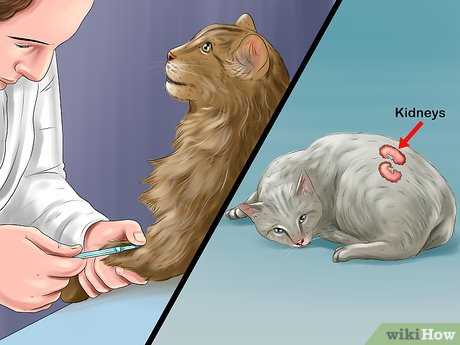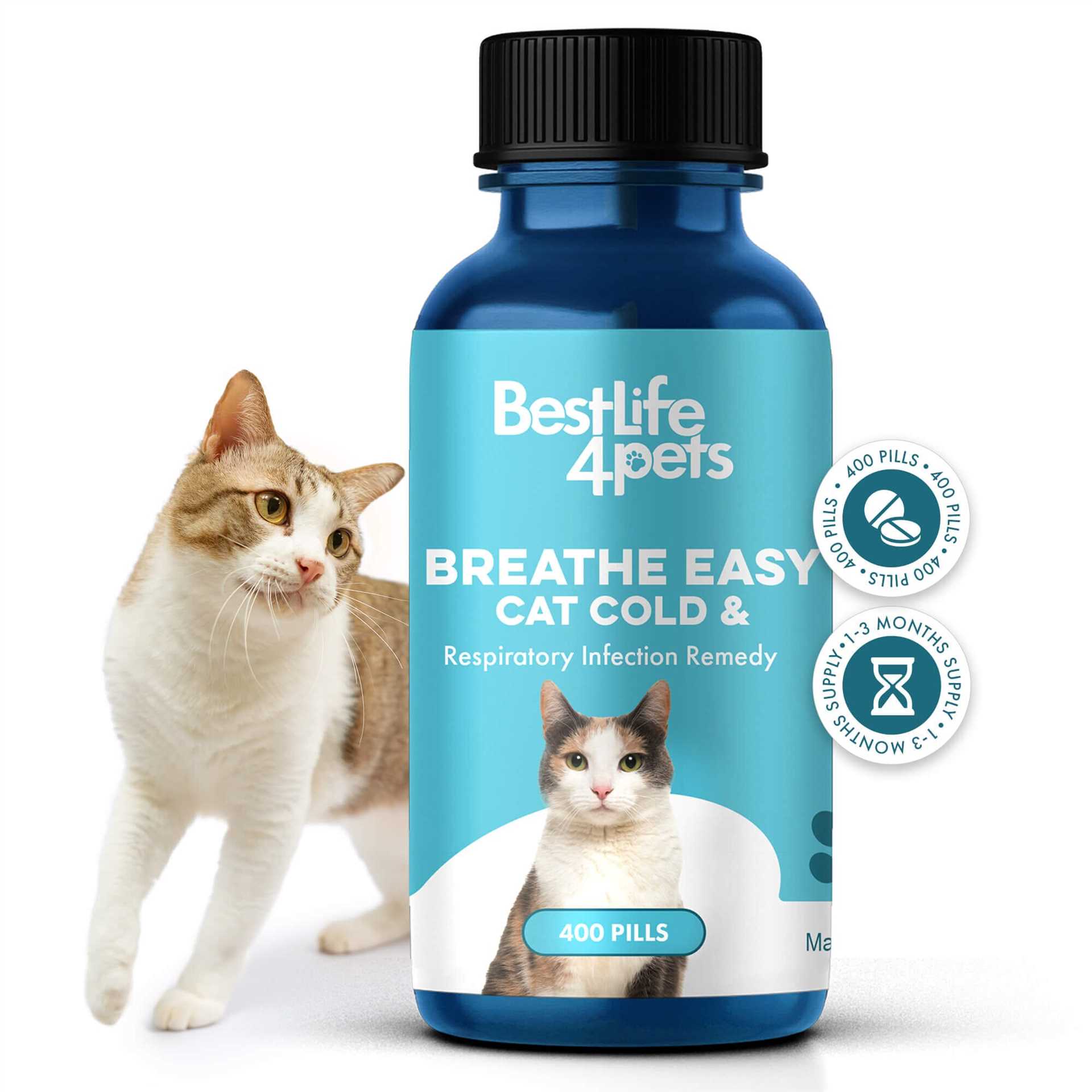First, keeping my space warm and cozy helps a lot. I love curling up in my favorite blanket or near a heater. This warmth makes me feel safe and soothes my discomfort. A gentle, consistent temperature is key for a smooth recovery.
Hydration is crucial, too. Fresh water should always be available. I often enjoy a bit of chicken broth mixed in; it adds flavor and encourages me to drink more. Staying hydrated helps my body fight off the annoying symptoms.
Rest is my best friend. I take long naps in sunny spots or in my cozy bed. This downtime supports my immune system, allowing me to heal faster. If I seem a bit less playful, it’s just my body telling me to relax.
It’s important to monitor my appetite. If I’m not eating as usual, soft, palatable food can entice me. A little tuna or my favorite wet food can make all the difference. If I still refuse, a trip to the vet might be necessary.
Lastly, gentle grooming from my human brings comfort. It’s soothing and helps me feel loved, which is essential during this time. My humans should be attentive and watch for any changes in my behavior; this ensures I’m on the path to feeling like myself again.
Home Remedies for Feline Nasal Congestion
Steam therapy works wonders. I recommend filling the bathroom with steam by running a hot shower. Sit with your furry friend in the bathroom for about 10-15 minutes. This may help clear those stuffy nostrils.
Offer warm, wet food. Moisture is key, so serving slightly warmed canned food can be more appealing and easier to consume when sniffles are present.
Hydration is crucial. Ensure fresh water is always available. You might consider a pet water fountain to encourage drinking, as the flowing water can be more enticing.
Humidifiers are beneficial. Placing one in the room where I rest can add moisture to the air, easing my breathing. Just ensure it’s clean to avoid mold and bacteria.
Check for signs of dehydration. Gently pinch the skin at the back of the neck; if it doesn’t spring back quickly, hydration needs attention. Offer additional fluids or consult a vet if necessary.
| Symptoms | Home Remedies |
|---|---|
| Stuffy nose | Steam therapy |
| Loss of appetite | Warm, wet food |
| Dehydration | Ensure fresh water |
| Difficulty breathing | Humidifier |
Consulting a vet is a must if symptoms persist or worsen. They can provide guidance tailored to specific needs. Your well-being is a priority.
Recognizing Symptoms of a Feline Respiratory Infection
Identifying the signs of a respiratory issue is crucial. Pay attention to the following symptoms:
- Frequent sneezing or nasal discharge.
- Coughing or wheezing sounds during breathing.
- Watery or red eyes.
- Reduced appetite or lethargy.
- Changes in grooming habits, leading to a disheveled appearance.
- Fever or excessive warmth when touched.
Behavioral Changes to Watch For
Beyond physical signs, notice alterations in behavior:
- Avoiding playtime or hiding more than usual.
- Seeking warmth or comfort more than normal.
- Excessive vocalization, indicating discomfort.
If any of these indicators appear, prompt attention is needed. Early detection can make a significant difference in recovery.
Creating a Comfortable Environment for Recovery
Ensuring a serene space is key. Choose a quiet room away from noise and activity. Soft bedding or blankets can make a cozy spot for rest. I enjoy curling up in my favorite blanket; it adds to the comfort.
Temperature matters. Maintain a warm atmosphere, as chills can worsen discomfort. Use a space heater or extra blankets if necessary, but avoid overheating. I prefer a gentle warmth that feels soothing.
Hydration is crucial. Set out fresh water nearby and consider a fountain; the sound of flowing water is inviting. I love sipping from mine, and it encourages me to drink more.
Aromatherapy can help. Use a diffuser with calming scents like lavender, but keep it out of reach. I find that a subtle fragrance helps me relax while I recuperate.
Minimize stressors. Limit visits from friends or other pets. I appreciate quiet time to heal, and it allows me to focus on getting better without distractions.
Interactive toys can provide gentle stimulation. Opt for soft, quiet toys that don’t require too much energy. I enjoy a light play session when I feel up to it, which lifts my spirits.
Regular check-ins from my human help. A gentle pet or soothing words reinforce that I’m safe and loved. This connection speeds up my recovery and keeps my spirits high.
Ensuring Proper Hydration and Nutrition
Always have fresh water available. Staying hydrated is key; I prefer running water from a fountain, but a bowl works too. If I seem uninterested, try adding a splash of tuna juice to entice me.
Nutrition plays a big role in my recovery. Wet food is often more appealing and helps with hydration. Look for high-quality options that list meat as the first ingredient. If I’m not eating well, warming the food slightly can make it more enticing.
Consider offering small, frequent meals instead of one large serving. This can help keep my energy up while I recover. If I’m still disinterested, consult a vet about appetite stimulants or specific dietary recommendations.
Monitor my eating and drinking habits closely. Any drastic changes could indicate a need for veterinary advice. Keeping track of my behavior can help ensure I stay on the path to feeling better.
Using Home Remedies for Relief

Warm chicken broth serves as both hydration and nourishment. It’s soothing and easy to consume. Ensure it’s low sodium and cooled to a comfortable temperature.
Steam inhalation can ease congestion. Running a hot shower and letting the steam fill the bathroom while I sit nearby can provide relief. Alternatively, a humidifier in my space can keep the air moist.
A few drops of coconut oil can be beneficial for my nose. It helps prevent dryness and keeps my nasal passages moist. Just a small amount on my paw allows me to apply it myself.
Honey is another soothing option. A tiny amount mixed into my food can help with throat irritation. Always ensure it’s safe for my age and health status.
Herbal teas, like chamomile, can be calming. A diluted, cool version might be placed in my water bowl for a gentle herbal infusion. Always check for any herbs that might not be safe for me.
Gentle massage around my head and neck can relieve tension. Using soft, slow strokes helps me relax and feel comforted during recovery.
When to Consult a Veterinarian
If symptoms persist beyond a few days or worsen, it’s time to reach out to a vet. Key signs indicating a need for professional help include:
- Severe nasal discharge that is yellow or green
- Persistent coughing or wheezing
- Loss of appetite lasting more than a day
- Extreme lethargy or unresponsiveness
- Fever or noticeable weight loss
- Difficulty breathing or excessive panting
These symptoms can signify more serious issues, such as bacterial infections or other underlying conditions. Early intervention is crucial for a swift recovery.
Additional Considerations
If your furry friend has a chronic condition or is very young or elderly, any signs of illness warrant immediate veterinary attention. Stress factors, like changes in environment or diet, may also exacerbate symptoms. Keeping an eye on their behavior and health is vital.
In the meantime, maintaining a clean and comfortable living space can aid in recovery. I recommend checking out this link for some household tips: best eco slimline dishwasher our top picks. Proper hygiene can help prevent further complications.
Preventing Future Respiratory Issues

To keep those annoying sniffles away in the future, ensure regular vet check-ups. This helps catch any underlying health problems early. Make sure vaccinations are up to date, as they can shield against respiratory infections.
Indoor spaces should be cleaned frequently to minimize allergens like dust and mold. Air purifiers can also help maintain a fresh atmosphere, reducing irritants that might trigger respiratory distress.
Consider the importance of a balanced diet. Quality nutrition supports a strong immune system, making it less likely to fall ill. Treats high in omega fatty acids can promote overall health, too.
Environmental Factors
Limit exposure to smoke or strong odors, as these can irritate sensitive airways. If allergens are a concern, researching hypoallergenic cats for apartments may be beneficial, providing a more suitable living environment.
Lastly, ensure your space is stress-free. A calm atmosphere can have a positive impact on overall well-being, reducing the likelihood of respiratory issues. Regular playtime and comfortable resting spots contribute to a happy, healthy life.






